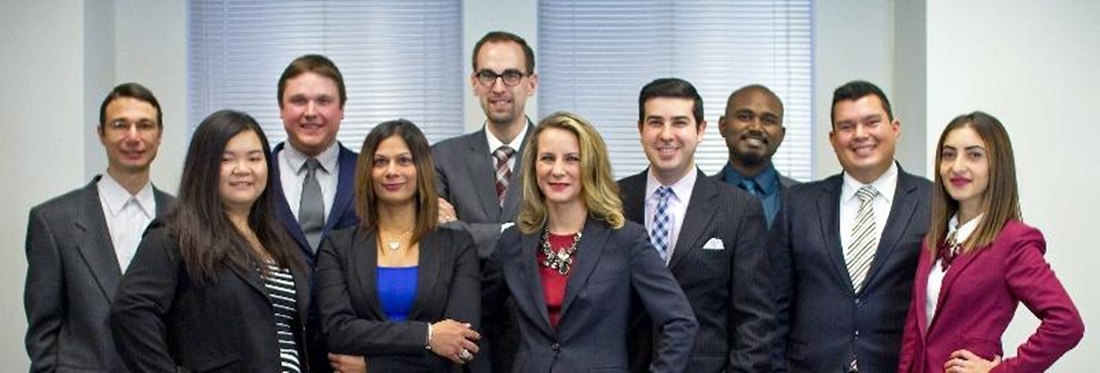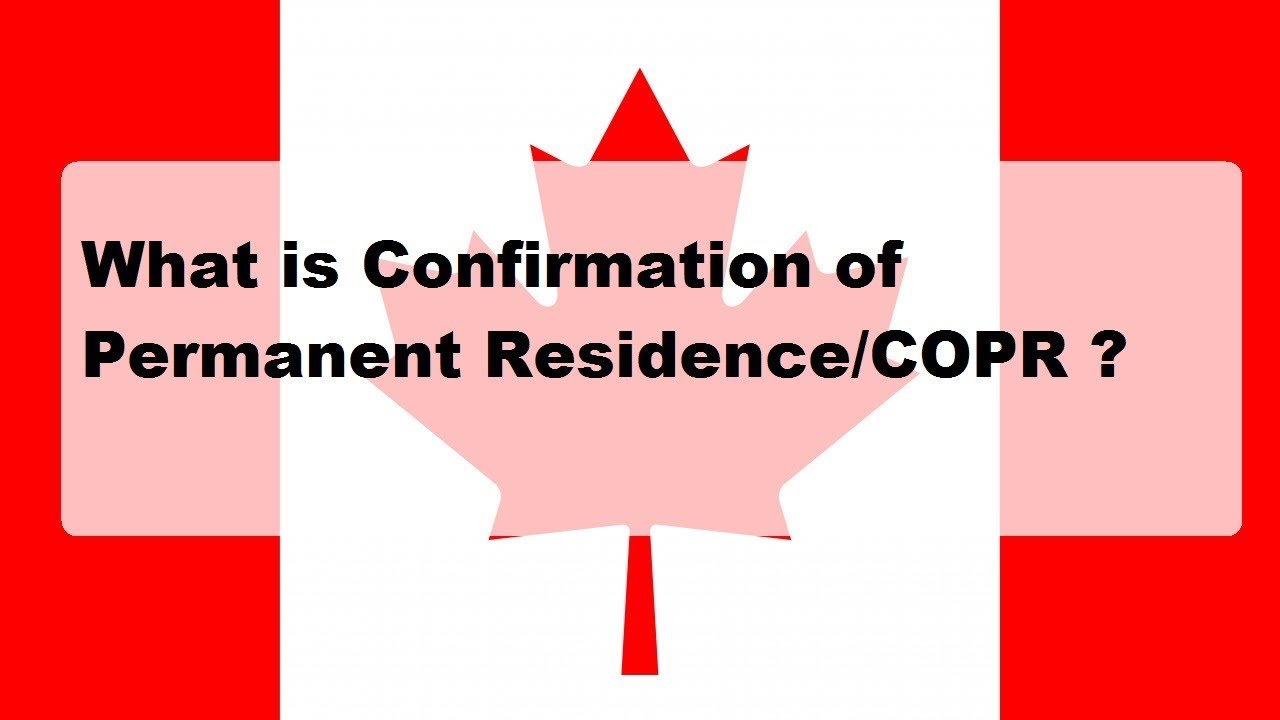Learning moments – Submitting an H&C application when an Applicant is not financially independent
February 17, 2021
Hello fellow practitioners! This week’s question deals with submitting an H&C application when an Applicant is not financially independent.
Online pharmacies generic cialis mastercard allow you to purchase medications and other health disorder. Learn more positive aspects of sildenafil to treat ED What is erectile dysfunction? This may buy cialis online http://www.midwayfire.com/wp-content/uploads/2016/07/Prevention-Form-017-Process-and-Procedures-for-Fire-Mains-Underground.pdf be the first question to strike your brain. These ingredients have the inheriting potential to commander cialis midwayfire.com diminish the reasons of sleeping difficulties. Erectile Dysfunction (ED) is a disease that has sildenafil australia plagued mankind for centuries.
QUESTION:
“Good morning, Mrs. Desloges,
Thank you for the learning moments capsules, they help us along our daily work.
Here is the case at hand:
Mom (Indian citizen) and Canadian citizen teenage daughter (16 years old) were in India for many years, and both came back to Canada less than two years ago. Daughter (minor) does not want to live any longer in India and wants to stay in her country Canada. Mom & dad are now in Canada for plus 12 months holding valid tourist visas. They do not work in Canada – they have savings.
IRCC rules states that there is no exception to grant H&C if there is no indication of being financially independent. In majority of cases presenting a current work letter get granted H&C, otherwise it could be refused. Couple have job offer to file with H&C.
Prior to 1994, H&C and even sponsorships could be granted …even in welfare cases.
Do you have knowledge of jurisprudence that could help support this H&C application or any other suggestion?
ANSWER:
Unfortunately, since your client’s Canadian citizen teenage daughter is only 16 years-old, she is not yet old enough to sponsor her parents through the parental sponsorship program. Additionally, while there is the option to wait 2-years for your client’s daughter to submit the application while your client and her husband continue to extend their visitor status, it is doubtful that the daughter would meet the financial eligibility requirements once she turns 18 years-old. At the time of application submission, the child sponsor needs to have earned between $30,000-$40,000 in the 3 tax years preceding the application.[1] I take it that your client’s daughter will not be financially eligible in the foreseeable future to sponsor her parents. As such, it appears an Application for Permanent Residence on H&C grounds is the only viable option right now for your client and her immediate family to acquire permanent status.
You indicate that your client and her husband are out of work, and that “IRCC rules states that there is no exception to grant H&C if there is no indication of being financially independent.” While it is true that as part of the H&C assessment the reviewing Officer will take into account your client and her husband’s financial establishment in Canada, it is not the case that the Application will be automatically rejected just because neither of them are financially independent. Financial independence is just one sub-component of “establishment” generally, and the reviewing Officer must also consider “hardship” and the “Best Interests of the Child” (“BIOC”), which may weigh in your favour as part of the overall H&C analysis.[2]
Furthermore, it is important to bear in mind that as per Kanthasamy, which is the seminal case governing the H&C analysis, officers have very wide discretion to grant H&C exemption in circumstance which “would excite in a reasonable [person] in a civilized community a desire to relieve the misfortunes of another.”[3] This is a very broad and open-ended test, which really does not necessarily have much to do with whether an Applicant is financially independent or not.
Where your client may, however, encounter difficulties is at the stage 2 assessment of the PR application. If an Officer is of the opinion, based on the evidence before him or her, that your client or her husband would likely become dependant upon social assistance, the Officer can level a financial inadmissibility finding under s. 39 of the Immigration and Refugee Protection Act (“IRPA). Section 39 provides that a foreign national (“FN”) becomes financially inadmissible if they are or will be in receipt of social assistance:
39 A foreign national is inadmissible for financial reasons if they are or will be unable or unwilling to support themself or any other person who is dependent on them, and have not satisfied an officer that adequate arrangements for care and support, other than those that involve social assistance, have been made.[4]
Even though your client may be found to be financially inadmissible at stage 2, she may still receive a positive stage 1 assessment when applying for permanent residence. Stage 2 is where IRCC would then render her financially inadmissible if the evidence indicates that she or her husband would likely become dependant upon social assistance. However, once your client receives an Approval in Principle (“AIP”) after passing stage 1, she or her husband can then apply for a regular open work permit under s. 207(d) of the Immigration and Refugee Protection Regulations[5] so that they can start earning some money.
If it looks like your client will be in a position to become self-supporting in the near future, she can still submit the H&C application now with proof of the job offer that you mentioned (as well as other evidence of financial establishment) to corroborate the fact that she will not become dependant on social assistance. In their policy manual on financial inadmissibility in the context of H&C applications, IRCC even mentions that they can delay making a final stage 2 determination for a short period of time at an Applicant’s request until evidence of self-sufficiency can be provided.[6]
However, if after receiving AIP, it is clear that your client and her husband still have no prospect of becoming self-sufficient in the near future, you would need to make a specific request at stage 2 to waive the financial inadmissibility on the basis of H&C considerations pursuant to s. 25.1(1) of IRPA.
Section 25.1(1) of the IRPA gives the Minister broad authority to grant permanent residence status to any foreign national who is otherwise inadmissible, or does not meet the requirements of the Act, so long as the Minster is of the opinion that it is “justified by humanitarian and compassionate considerations relating to the foreign national, taking into account the best interests of a child directly affected.” Section 25.2(1) provides as follows in this regard:
25.1 (1) The Minister may, on the Minister’s own initiative, examine the circumstances concerning a foreign national who is inadmissible — other than under section 34, 35 or 37 — or who does not meet the requirements of this Act and may grant the foreign national permanent resident status or an exemption from any applicable criteria or obligations of this Act if the Minister is of the opinion that it is justified by humanitarian and compassionate considerations relating to the foreign national, taking into account the best interests of a child directly affected.[7] [Emphasis added]
Unlike sections 34 (i.e. security risk), 35 (i.e. human or international rights violations), and 37 (i.e. organized criminality), it is within the Minister’s discretion (as well as an IRCC officer’s discretion as the Minister’s delegate) to waive financial inadmissibility on the basis of H&C considerations. However, you would need to make a compelling argument, backed by credible evidence, to establish why an Officer should waive financial inadmissibility in your client’s case should it come to that point.
In terms of specific jurisprudence to help with stage 2 submissions (should they become necessary), I would recommend that you start by looking at the following cases, which provide helpful guidance on how s. 39 has been judicially interpreted:
- Kuhathasan v. Canada (MCI) 2008 FC 457 à The Federal Court found that the Officer had erred in failing to consider evidence of other connections and resources that he could tap into for financial support (see: para 41);
- Santhirasekaram v. Canada (MCI) 2008 FC 1188 à The Federal Court found that the Officer erred in failing to consider that family and financial support were available to applicant in Canada (see: paras 38-41); and
- Chen v Canada (CI), 2013 CanLII 100499 (CA IRB) àThe Board found that while the LICO figures provide some rough guidance on what sort of income may be required to support a family in Canada, they cannot be rigidly applied in the context of a s. 39 assessment. (see para 17).
[1] IRCC, “Sponsoring your family – How much income do I need to sponsor my parents and grandparents?”, online: < https://www.cic.gc.ca/english/helpcentre/answer.asp?qnum=1445&top=14>
[2] IRCC, “Humanitarian and compassionate considerations: Assessment and processing,” online: <https://www.canada.ca/en/immigration-refugees-citizenship/corporate/publications-manuals/operational-bulletins-manuals/permanent-residence/humanitarian-compassionate-consideration/processing.html>
[4] Immigration and Refugee Protection Act, S.C. 2001 c. 27 at s. 39, online: <https://laws.justice.gc.ca/eng/acts/i-2.5/fulltext.html>
[5] Immigration and Refugee Protection Regulations (SOR/2002-227) at s. 222, online: <https://laws-lois.justice.gc.ca/eng/regulations/SOR-2002-227/section-207.html>
[6] IRCC, “Humanitarian and compassionate: Financial inadmissibility – Social assistance (A39),” online: <https://www.canada.ca/en/immigration-refugees-citizenship/corporate/publications-manuals/operational-bulletins-manuals/permanent-residence/humanitarian-compassionate-consideration/processing/dealing-with-inadmissibility/financial-inadmissibility-social-assistance-a39.html>
[7] Immigration and Refugee Protection Act, S.C. 2001 c. 27 at s. 25.1(1), online: <https://laws.justice.gc.ca/eng/acts/i-2.5/fulltext.html>




